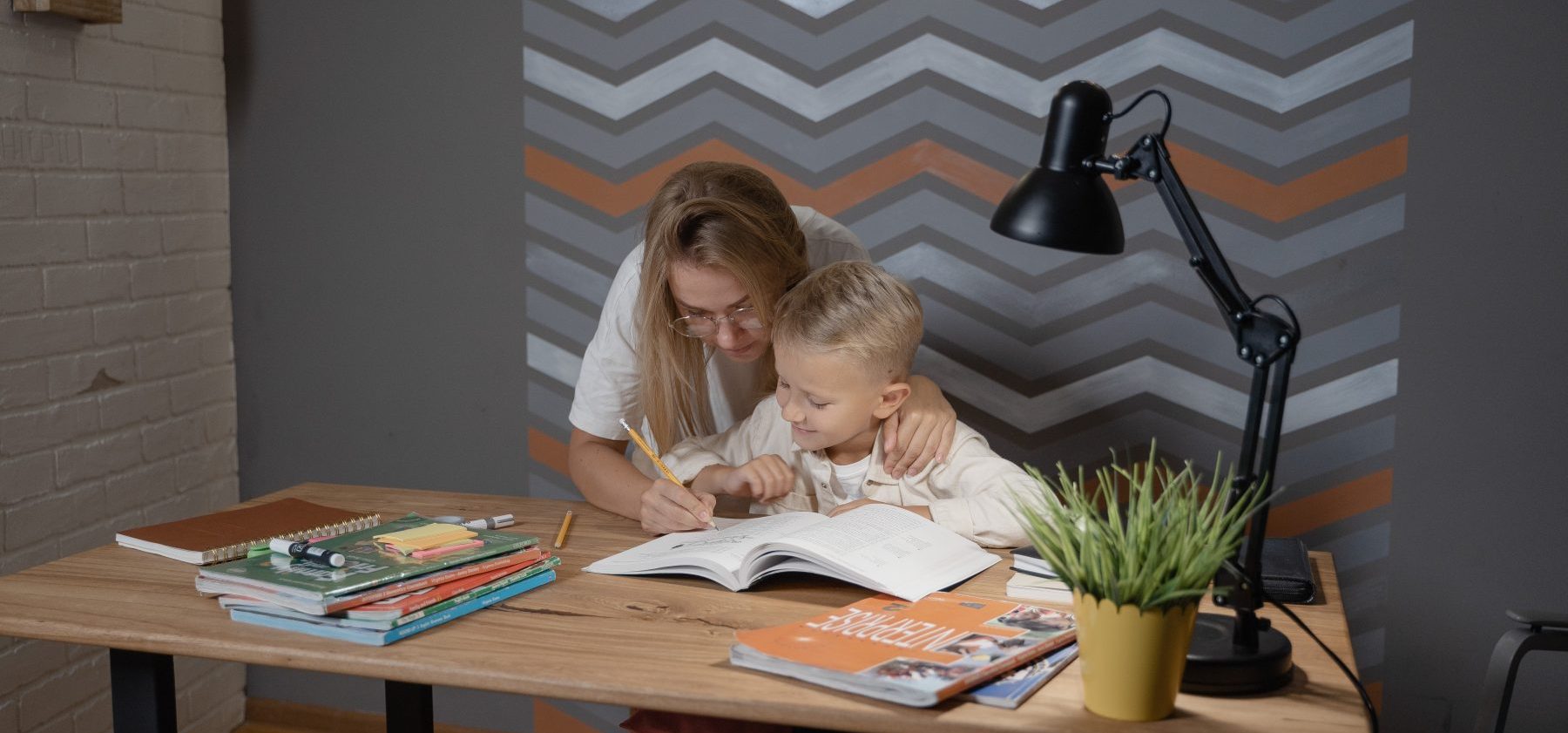Types of Anxiety Disorders & Diagnoses
There are different types of anxiety disorders in children. Based on the anxiety symptoms and test we use, we can determine if your child has an anxiety disorder and which specific anxiety disorders they may be affected by. Other anxiety disorders can include:
Generalised anxiety disorder
Separation anxiety disorder
Social anxiety disorder or social phobia
Panic disorder or significant somatic symptoms
Significant school avoidance
When we are aware of these specifics, we are better equipped to support anxious children and young people and work out a treatment plan that will work for them. For example, knowing the difference between a child who is simply shy around unfamiliar people and a child with social anxiety disorder will impact the approach to the situation and empathy for the child.
Treatment Options for Child Anxiety Disorders
There is no one-size-fits-all solution or treatment plan, but the most common methods include counselling, cognitive behavioural therapy (CBT), and medication when needed. A combination of these is also common through psychopharmacological interventions. At Diverse Diagnostics our treatment plan offers a combined approach to all of the methods mentioned.
A psychopharmacologic treatment plan will involve a kind of combination therapy which makes use of medication such as selective serotonin reuptake inhibitors (SSRI) or tricyclic antidepressants along with counselling or therapy.
The most common form of therapy to assist with anxiety symptoms is cognitive behavioural therapy, as it encourages cognitive restructuring (e.g. a desensitisation to feared stimuli). Other types of therapy include relaxation training and social effectiveness therapy.
The best option for each individual will be based on their specific diagnosis, the severity of their symptoms, and their desired long term outcomes and goals.
Shared care
If medical treatment is required, Diverse Diagnostics can provide prescriptions under ‘Shared Care’ with your General Physician (GP). This means that your GP will need to agree prior to the initial medication appointment to provide NHS prescriptions.
All medication reviews for children and youths treated this way will be under the consultant psychiatrist at Diverse Diagnostics, who will also be responsible for the prescription and dosage specifications.
Diverse Diagnostics: Championing Young People’s Mental Health
At Diverse Diagnostics, one of our biggest objectives is to reduce the stigma around mental health and support young people and families as they navigate their symptoms and diagnoses. We achieve this through a patient-centred and empathetic approach that makes mental health diagnoses and treatment plans more accessible to residents in Scotland.
Over and above assessments for anxiety disorders in children, we also offer assessments for obsessive compulsive disorder (OCD), autism spectrum disorders (ASD), attention deficit/hyperactivity disorder (ADHD), depression, tics, and sleep disorders.
Dr Jagdish Basra, Child & Adolescent Psychiatry Expert
Our Managing Director, Dr Jagdish Basra, is a fully qualified Consultant Child Behaviour Psychiatrist and Adolescent Psychiatrist. She has extensive experience both as a medical doctor and in diagnosing and treating a wide range of mental health conditions in children.
Let Us Support You & Your Family
Diagnosing an anxiety disorder early can make a world of difference in the quality of life of your child. We are here to support you and your family as you get your child on track towards better mental health.
Contact us to discuss our anxiety assessment for children online today.




